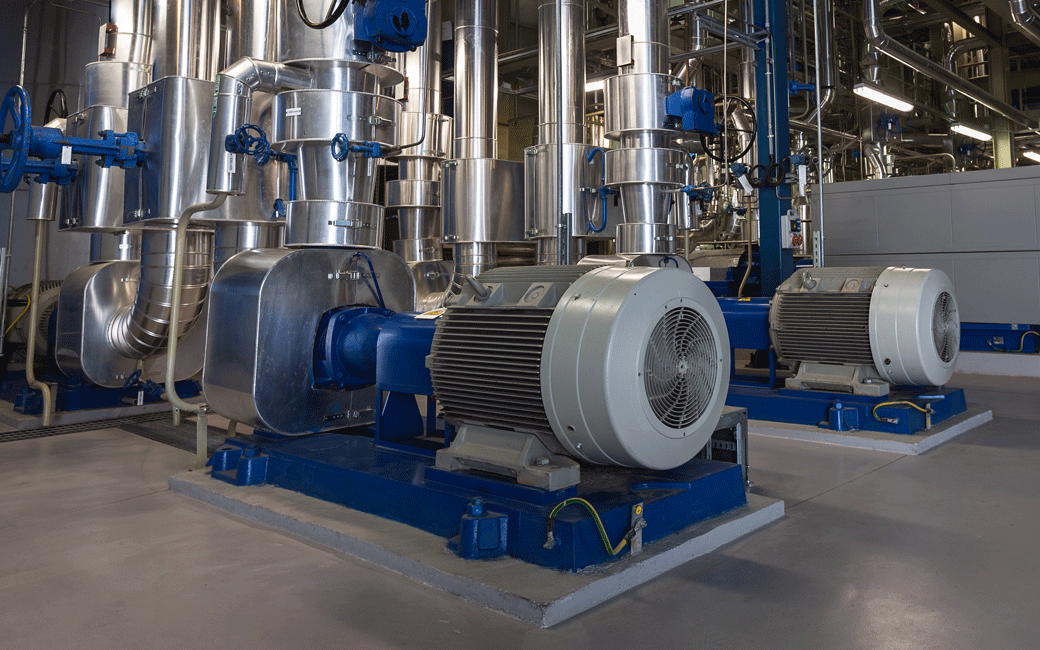New IEEE standard provides guidance for motor protection for industrial and commercial applications.
The Institute of Electrical and Electronics Engineers (IEEE) has published a new standard: IEEE Std. 3004.8-2016, “Recommended Practice for Motor Protection in Industrial and Commercial Power Systems.” If you’re an electrical professional who deals with a broad spectrum of motor protection schemes, including low- and medium-voltage AC and DC motors, then you need to become familiar with this standard — if you haven’t already. Following are some key takeaways from this recent release.
The “color books” are in the process of being reviewed/updated, and their designations changed. Each of the 13 books in the “IEEE Color Book” standards series deals with a different aspect of electrical power production, distribution, and utilization in industrial and commercial power systems; 3004.8 supersedes Chapter 10 of the “Buff” book, IEEE 242-2001.
Work began on this process with the formation of a working group in September 2012 and ended with final IEEE approval Dec. 6, 2016. The document became available for purchase on May 23, 2017 on the IEEE website (www.ieee.org).
Types of protection
Most electrical professionals are familiar with overcurrent (fuses, breakers), overload (starter heaters) or thermal (thermostats, RTDs) protection. These are the basics, some of which are required by governing agencies and codes. If a critical application requires additional protection, there are many choices available, including:
1. Under or overvoltage
2. Undercurrent (say a belt breaks)
3. Bearing temperature
4. Loss of field (important for shunt wound DC motors)
5. Single phasing
6. Current or voltage balance
7. Number of starts
8. Vibration
Relays are available to be programmed for these and many other protection requirements. They can be included to provide an alarm and/or remove the motor from service if the set limits are exceeded for each parameter.
Low-voltage and medium-voltage protection
These types of protection are covered in separate sections of the standard. The principles are basically the same, but medium-voltage requirements are more demanding because of the physics of opening the circuit and the personnel and equipment protection necessary. Annex B lists more than 100 devices that can be employed to monitor, report, and interrupt the circuit (if needed) of the motor while in operation.
Overcurrent, overtemperature, undervoltage, vibration, and bearing protection devices are just a few of those listed. Smart devices can be programmed to monitor the motor’s current versus time during starting. If the current remains high for a period of time that could lead to motor damage, the device can intervene in a method prescribed by the user.
DC motor protection
A new section of the standard on DC motor protection was drafted by EASA Senior Technical Support Specialist Chuck Yung. This section covers protection for contamination, moisture, temperature, and dielectric stress. Potential failure conditions and protection methods and devices unique to DC motors are covered.
Source: https://www.ecmweb.com/motors/practical-advice-motor-protection
